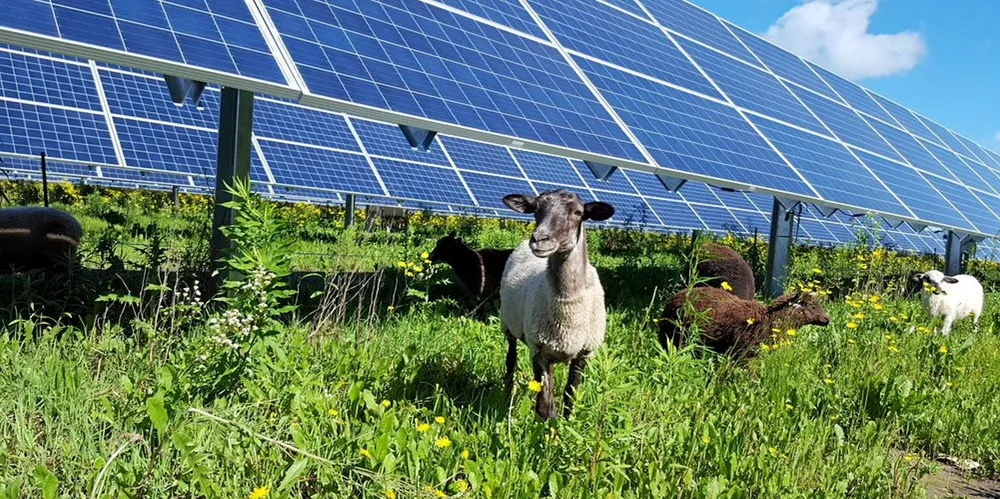Enel breaks ground on Italy's largest agrivoltaic project with 'harmonious' solar-powered plan
Developer starts construction of 170MW PV array in Viterbo that expected to 'full replace fossil fuels' in the region

Developer starts construction of 170MW PV array in Viterbo that expected to 'full replace fossil fuels' in the region
